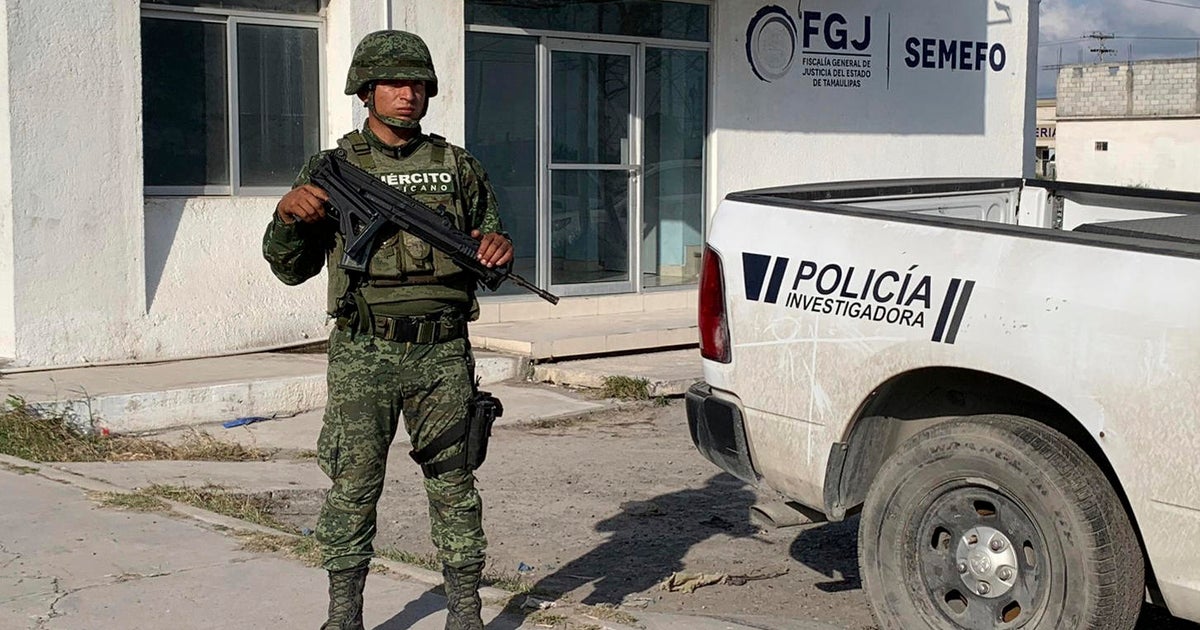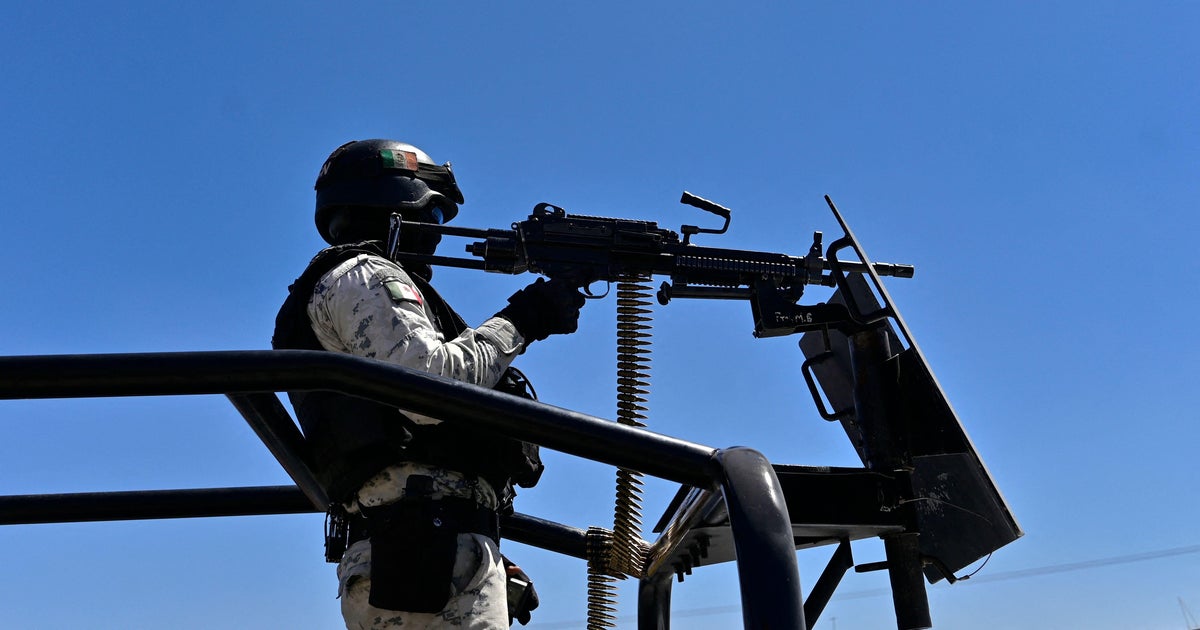Police officers vow to address cop suicide crisis: "Let's just all admit we're broken"
The International Association of Chiefs of Police is fighting a mental health crisis, with an increasing number of suicides by officers. Nationwide, 188 officers have died by suicide so far this year, twice the number who have died in the line of duty.
Police commissioners from around the country met in Chicago Tuesday to address the crisis in a special forum for the first time. Those affected by the suicides say removing the stigma of seeking help is the first step in combating this epidemic.
"The culture needs to change," said Janice McCarthy, whose husband Paul, a 21-year veteran of the Massachusetts State Police, took his own life in 2006. He had been struggling with post-traumatic stress disorder for 13 years, she told CBS correspondent Jeff Pegues at the forum.
It's that culture — what McCarthy calls a fear by officers against expressing their emotional and mental health — that may be contributing to the increased police suicide rate. She believes her husband's suicide was brought on by his mental and physical struggles after he was run over by a bus while on the job.
"You'll be fine, suck it up, it'll go away. But it didn't go away and the department didn't know what to do with that," she said.
Earlier this year, President Donald Trump authorized $7.5 million annually for the next five years for national police suicide prevention efforts – including mental health screening and more training.
"Let's just all admit we're broken and join arms and let's talk about this stuff," said Matt Thornton, a detective in Illinois. "Because we're not meant to do this by ourselves, we're not meant to suppress all this."
Thornton has been with the Zion Police Department for 16 years. He admitted to bottoming out from the demands of the job and was planning to take his own life.
"Crying and going over this plan, and I see a lady walking in the parking lot and she's coming straight to my squad car," he said. "And she knocks on my window … and she hands me this red cross. And she said, 'You need this.' And it was the most surreal moment of my life."
That moment, he said, changed his life and made him realize that he needed to reach out for help. Something cops don't often do.
"It needs to come to the forefront. Because I'm sick of it. I'm sick of crying," Thornton said. "Because I can see the signs. Because I lived them."
Thornton said he's made it a point in his life to help fellow officers in need. Some departments have trained mental health professionals on staff for support, but there doesn't appear to be a national standard for treatment.



